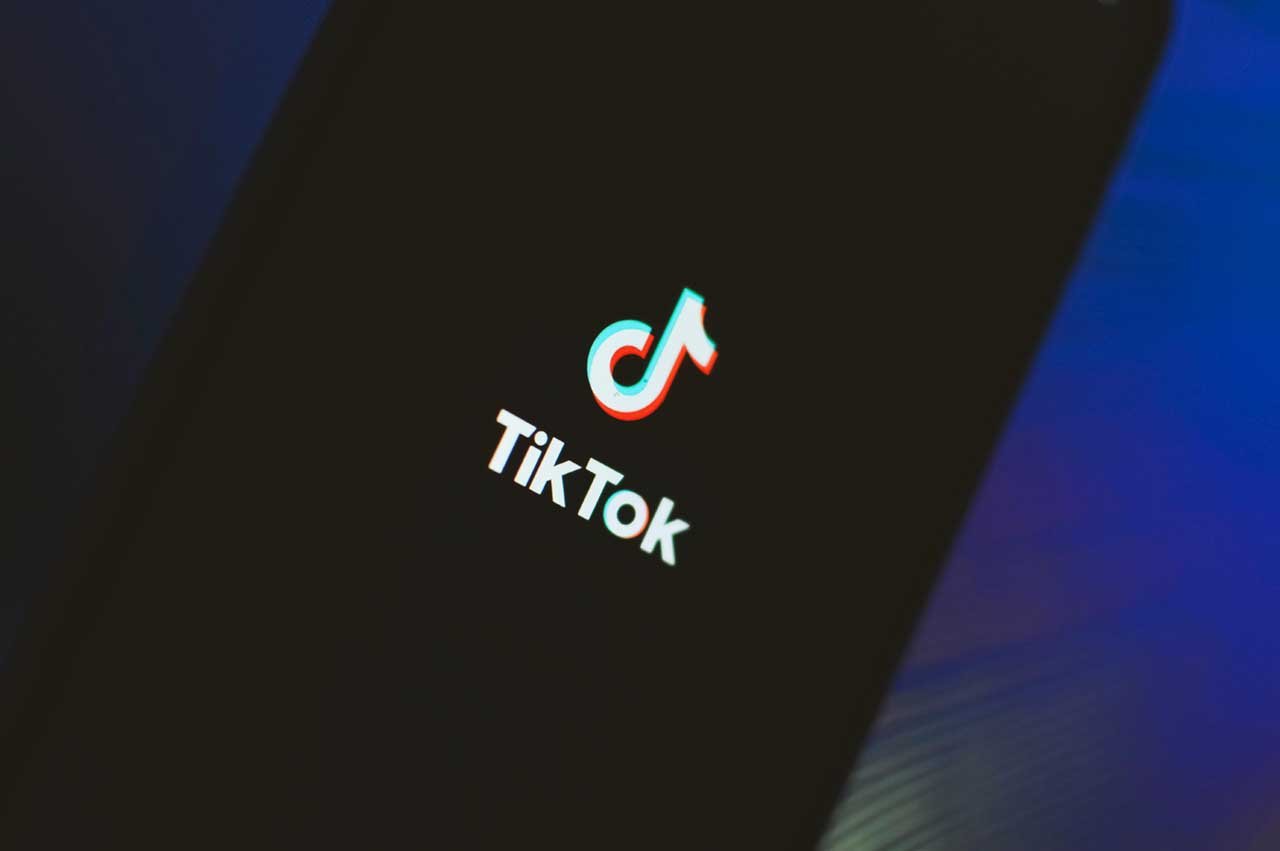Oregon Joins Lawsuit Against TikTok Over Harm To Children’s Mental Health

The state of Oregon announced that it will be part of the bipartisan slate of state lawsuits against the social media giant, TikTok on Tuesday. Oregon joins 12 other states and the District of Columbia in the lawsuit that alleges the platform harms youth mental health as it is designed to be addictive to children.
Lawsuits Against TikTok Allege Addiction Causes Harm To Kid’s Mental Health
In March 2022, a national investigation was launched by a bipartisan coalition of attorneys general from many states, including New York, New Jersey, Kentucky, and California resulted in a lawsuit being filed in state courts against TikTok.
The TikTok algorithm is at the heart of the legal action. It regulates what users see on the platform by populating the app’s main “For You” feed with tailored content that resonates with the user’s interests.
The design features that get children addicted according to the lawsuits include endless scrolling, push notifications with built-in buzzes, and face filters that enable unattainable appearances to show the rest of the world. A Pew Research study shows that over six in 10 U.S. teenagers used the platform in 2023, and half of all teens use the platform daily.
District of Columbia alleges in its filings that TikTok’s algorithm is “dopamine-inducing, created to be intentionally addictive.
This means many young users are trapped in excessive use and stay on the app for hours. This is happening despite the fact that TikTok knows these behaviors will lead to profound psychological and physiological harm.
In addition, the lawsuit said TikTok operates as an “unlicensed virtual economy,” facilitating “gifts” to streamers by allowing people to purchase TikTok Coins, a virtual currency.
These gifts can be cashed out for real money after TikTok has taken a 50% commission. TikTok is not registered as a money transmitter with the U.S. Treasury Department or district authorities.
Teens are also frequently exploited on TikTok’s live-streaming feature. The lawsuit says the app essentially operates a “virtual strip club” without age restrictions.
Oregon Joins Lawsuit Against TikTok
Oregon Attorney General Ellen Rosenblum said the state’s consumer protection statutes have been violated and, “Social media companies, out of basic greed, intentionally design their platforms to addict users and keep them scrolling.”
The longer users stay on the platform, the more money it makes. Rosenblum said it’s the youth who are most harmed by these predatory practices and the state has a responsibility to hold tech companies accountable.
TikTok spokesperson Alex Haurek responded to the lawsuits saying they are proud of the work done to protect teens. Haurek said they have tried to work with the Attorney General for more than two years but the claims are inaccurate and misleading.
TikTok doesn’t allow under 13’s to sign up for its main service and restricts some content for those under 18. States including Washington pointed out that children can easily bypass those restrictions.
The 14 attorneys general say the lawsuits seek to halt these TikTok features, impose financial penalties for allegedly illegal practices, and claim damages for harmed users.
Oregon Department of Justice spokesperson Roy Kaufmann said that if found guilty, TikTok could face a $25,000 fee per violation. An injunction would ban the use of the tactics in question, and Tiktok would have to repay profits made through allegedly manipulative tactics.
